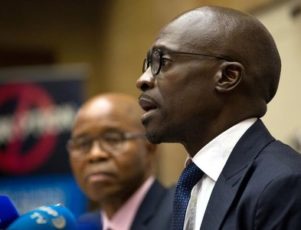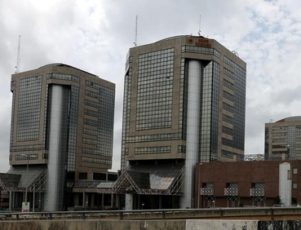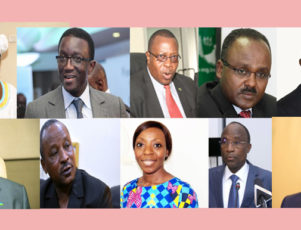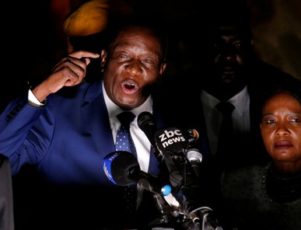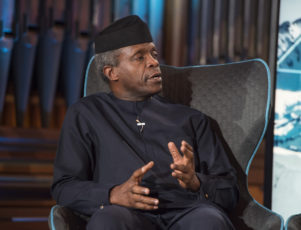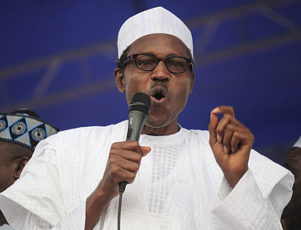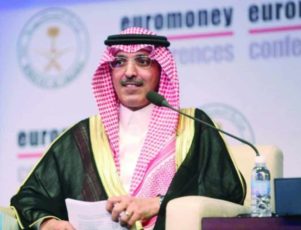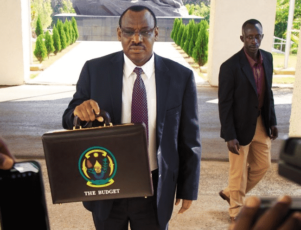NAIROBI (Reuters) – Kenya shook off a downgrade and the loss of access to an IMF standby credit facility to raise a $2 billion dollar bond at competitive yields, but market participants said on Thursday it still needs a credible plan to tackle its fiscal deficit.
Kenya received $14 billion worth of bids. It took just $1 billion in a 10-year note with a yield of 7.25 percent, and another $1 billion in a 30-year tranche with a yield of 8.25 percent, Thomson Reuters news and market analysis service IFR reported.
“They were in line with the yield curve,” said a fixed income trader in Nairobi.
The eventual yield reflected a tightening of the initial pricing area by about 30 basis points. It was close to the comparative yields for other African sovereigns like Nigeria, the trader said.
Last week, credit ratings agency Moody’s downgraded Kenya’s debt rating to B2 from B1 while officials were in the middle of the bond roadshow abroad, angering the government.
More bad news emerged on Tuesday, after the International Monetary Fund said it had frozen Kenya’s access to a $1.5 billion standby facility last June, after failure to agree on fiscal consolidation and delay in completing a review.
“They (the government) were able to weather the knocks of the Moody’s downgrade and the IMF issue,” said Aly Khan Satchu, a Nairobi-based independent trader and analyst.
But he warned that the government needed to convince investors it has a plan to tackle the fiscal deficit.
“People are worried about debt-to-GDP ratios and they want to see a stronger language about how this will be addressed,” he said.
Kenya’s total debt is about 50 percent of GDP, up from 42 percent in 2013. It has borrowed locally and abroad to build infrastructure like a new railway line from Nairobi to the port of Mombasa.
The finance ministry has published a plan to lower its fiscal deficit to 7 percent of GDP at the end of this fiscal year in June, from 8.9 percent in 2016/17, and to less than 5 percent in three years’ time.
Satchu said it was not enough for investors. They want to see more targeted infrastructure investments that will ensure a return, and attempts to reign in a ballooning public service wage bill and other recurrent expenditure.
“We have got to walk the talk. We are not even talking the talk yet,” he said.
(By Duncan Miriri. Editing by Katharine Houreld and Toby Chopra)


